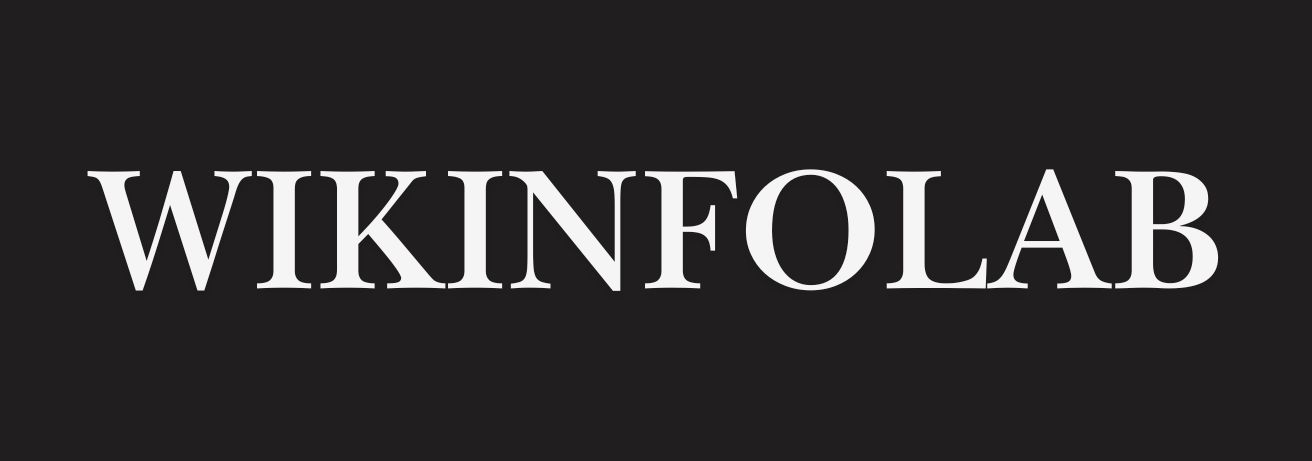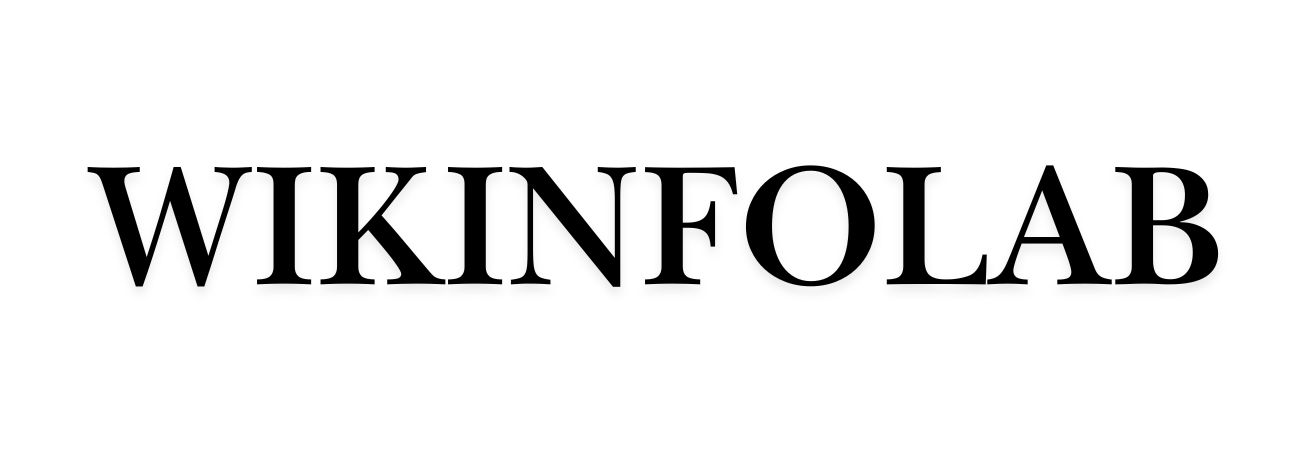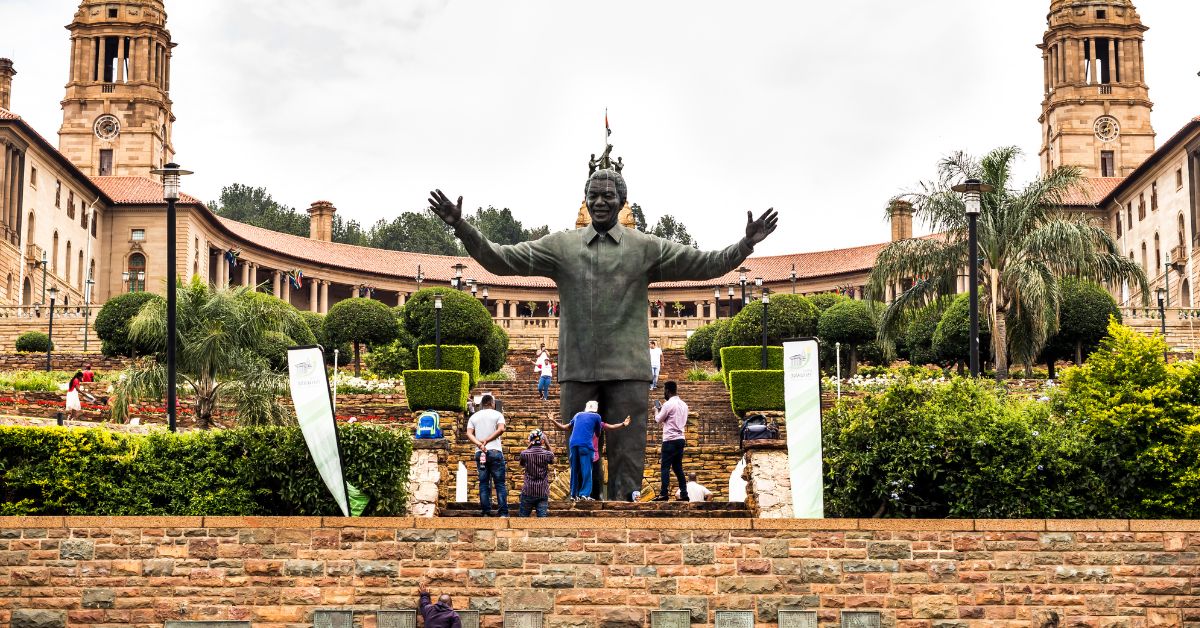Outline
- Why Moments in History Matter More Than We Think
- The Fall of the Roman Empire: When the Old World Collapsed
- The Printing Press: When Knowledge Broke Its Chains
- The Industrial Revolution: When Machines Rewired Humanity
- The World Wars: When the Earth Trembled Twice
- The Echoes That Still Shape Us
- FAQs
Why Moments in History Matter More Than We Think
History isn’t just names and dates—it’s turning points. Moments when the world tilts slightly, then never quite returns to what it was before.
Some of these events arrive slowly, like waves reshaping the shore. Others come with thunder—fast, chaotic, irreversible. But all of them share one thing: they left the world fundamentally changed.
Understanding these moments is more than remembering what happened. It’s understanding who we are—what shaped our systems, our beliefs, our very place in the timeline.
Let’s revisit five such events—not as textbooks do, but through their living legacy.
The Fall of the Roman Empire: When the Old World Collapsed
In 476 CE, the last Roman emperor in the West was deposed. But the fall of Rome wasn’t a single event—it was a slow unraveling of an ancient superpower.
Rome had once been the heartbeat of the Western world. It gave us roads, law, architecture, and a vision of empire. When it fell, something deeper collapsed: the illusion of permanence.
The aftermath was the Dark Ages—a time of fragmentation, fear, and reinvention. But from that collapse also came new beginnings: the rise of modern Europe, Christianity’s spread, and the eventual birth of nation-states.
The fall of Rome is a timeless lesson: even the mightiest structures are vulnerable. But from every collapse, something new is born.
The Printing Press: When Knowledge Broke Its Chains
In the 15th century, Johannes Gutenberg invented a machine that could do something no one had done before—mass-produce knowledge.
Books, once hand-copied and rare, became accessible. Ideas could now travel farther than armies. The Reformation, the Enlightenment, the Scientific Revolution—all rode on the back of the printed page.
This single invention democratized thought. It made literacy a force of power, not privilege. It broke the monopoly of kings and clergy, giving rise to free inquiry, critical thinking, and modern education.
The printing press didn’t just spread information. It liberated the mind.
The Industrial Revolution: When Machines Rewired Humanity
Beginning in the late 1700s, factories replaced fields. Steam replaced muscle. Cities swelled. Time became something you measured, scheduled, sold.
The Industrial Revolution changed everything—from how we work and travel to how we eat, learn, and define success. It birthed capitalism, consumer culture, and climate change. It also sparked labor movements, urbanization, and technological acceleration.
For the first time, humanity became a species that could mass-produce its world—and its problems.
It was a revolution of invention, but also of intention. And we’re still grappling with the consequences.
The World Wars: When the Earth Trembled Twice
The 20th century saw two wars that didn’t just scar nations—they scarred the soul of humanity.
World War I shattered monarchies and introduced mechanized slaughter. It left a generation traumatized and gave birth to modern geopolitics.
World War II followed with even greater devastation—60 million dead, cities in ashes, the Holocaust, and the atomic bomb. Yet from that destruction rose the United Nations, the European Union, human rights laws, and a collective cry: never again.
The world would never be the same. Borders, ideologies, alliances—all were rewritten.
These wars didn’t just change maps. They reshaped the moral architecture of the world.
The Echoes That Still Shape Us
History doesn’t live in the past. It pulses in our laws, our beliefs, our technologies, and even our fears. These five moments are not frozen in time—they are still unfolding through us.
Every generation inherits the ripple of what came before. But here’s the deeper truth: we are not just shaped by history—we shape it.
The next great turning point may not come with fanfare. It may start quietly—with a choice, a movement, a shift in how we see each other.
Understanding history is not about memorizing the past. It’s about listening to its echoes—and learning how to move forward with more awareness, courage, and care.
FAQs
Why are these five events considered world-changing?
Each of these events fundamentally altered how humanity lives, thinks, or organizes society—whether through collapse, innovation, industrialization, or global conflict.
Are there more events that could have made the list?
Absolutely. The discovery of electricity, the rise of the internet, the fall of the Berlin Wall—each marks a pivotal shift. This list highlights just a few with wide-reaching global impact.
How can understanding history help us today?By recognizing patterns, causes, and consequences, we become better equipped to make informed decisions, resist repeating mistakes, and shape a future grounded in understanding—not ignorance.









